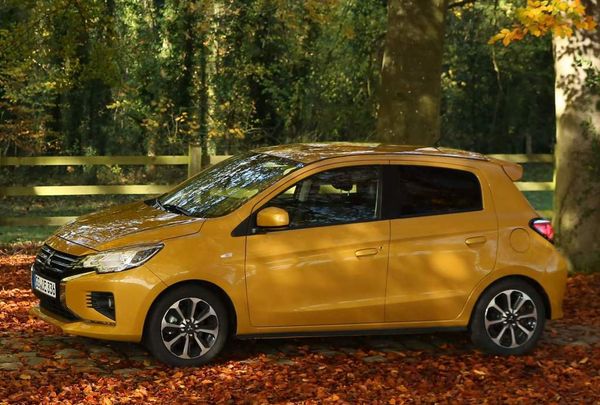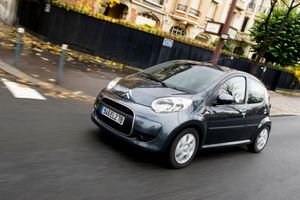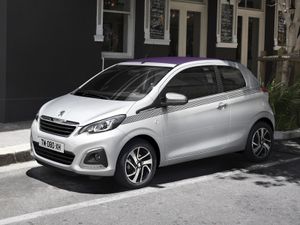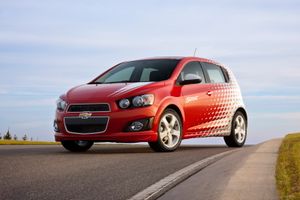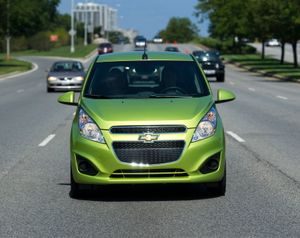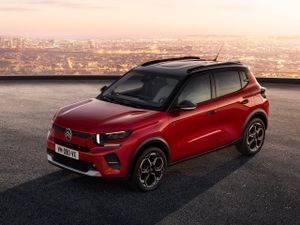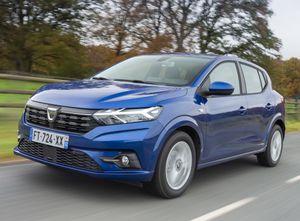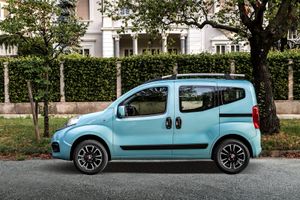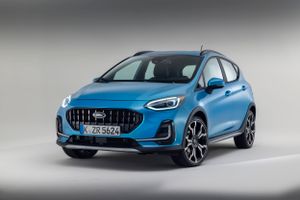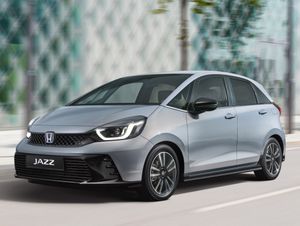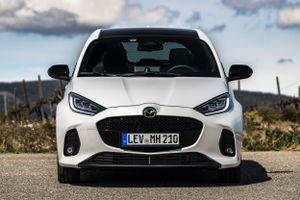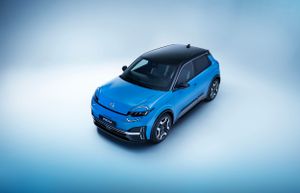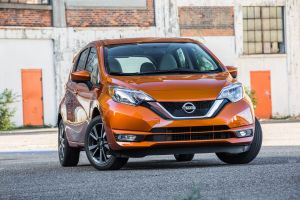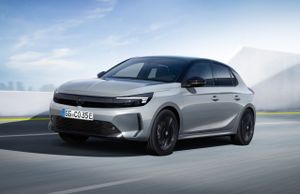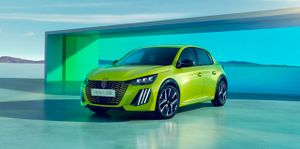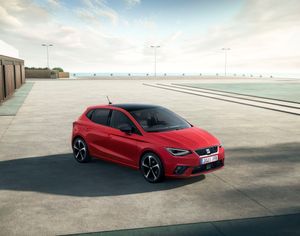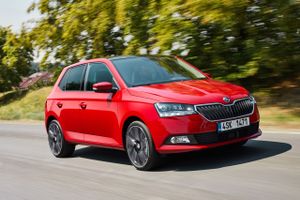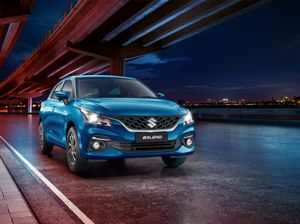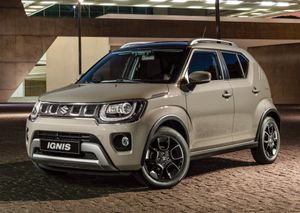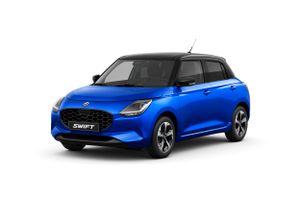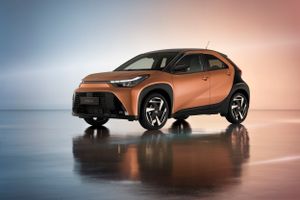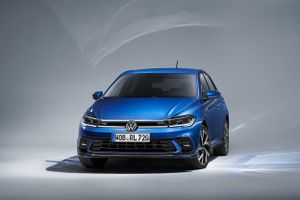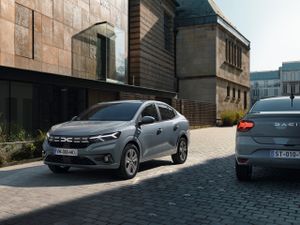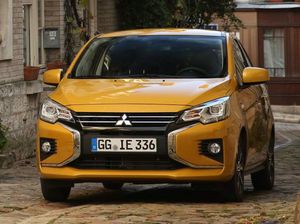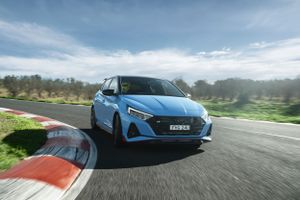Comparison of Mitsubishi Space Star and Hyundai i20
Comparison of Mitsubishi Space Star and Hyundai i20
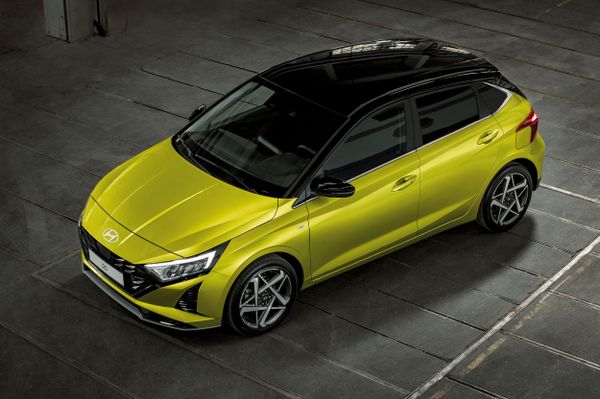
Hyundai i20
Price not determined
No one is selling yet
Characteristics
Mitsubishi Space Star and Hyundai i20
Transmission
Variable
Robotic
Number of gears
6
Type of drive
FWD
FWD
Top speed
163 km/h
185 km/h
Acceleration to 100
15.8 sec
11.4 sec
Fuel tank capacity
35 l
40 l
Curb weight
970 kg
1 130 kg
Max weight
1 370 kg
1 630 kg
Length
3 845 mm
4 065 mm
Width
1 665 mm
1 775 mm
Height
1 505 mm
1 450 mm
Wheelbase
2 450 mm
2 580 mm
Front track width
1 430 mm
1 545 mm
Rear track width
1 415 mm
1 549 mm
Trunk volume min
235 l
352 l
Trunk volume max
912 l
1 165 l
U-turn diameter
9.2 m
Wheel size
175/55 R15
195/55 R16
215/45 R17
215/45 R17
Average consumption
5.5 l
5.9 l
Engine type
Gasoline
Gasoline
Engine location
Front, transverse
Front, transverse
Engine power system
Direct injection (direct)
Direct injection (direct)
Engine capacity
1193 cm³
998 cm³
Type of boost
Turbo
Cylinder arrangement
Inline
Inline
Number of cylinders
4
3
Valves per cylinder
4
4
Compression ratio
10.5
Bore and stroke
71 x 84 mm
Maximum power
71 (52 ) 6000
100 (73 ) 4500-6000
Maximum torque N⋅m
104 3500
172 1500-4000
Front suspension
Independent, spring
Independent, spring
Rear suspension
Semi-independent, torsion
Semi-independent, springorts hélicoïdaux, sem
Front brakes
Ventilated disc
Ventilated disc
Rear brakes
Disс
Disс
Clearance
150
Trim version
Mitsubishi Space Star and Hyundai i20
Driver's airbag
Passenger airbag
Side front airbags
Window airbags (curtains)
Tire pressure sensors
Driver drowsiness detection
Keyless central locking
Immobilizer
Isofix for the back row
Cruise control
Cruise control
Cruise control
Anti-lock braking system (ABS)
Electronic stability program (ESP)
Hill start assist (HAS)
Emergency brake assist (BAS, EBD, EBA)
Automatic slip regulation (ASR)
Collision avoidance system
Lane departure warning system
Pedestrian detection system
Cyclist detection system
Rear occupant alert system
AUX
USB
Bluetooth
12V
Carplay
Android Auto
USB-C
Sound
Audio system
Audio system
Speakers
6 speakers
Leather gear shift
Leather steering wheel
Tinted glass
Front center armrest
Power window
Third rear headrest
Seat adjustment
Driver's seat adjustment
Seat trim
Fabric seats
Steering wheel height adjustment
Steering wheel reach adjustment
Power steering
Power steering
Rear parking sensors
Air conditioner
Single-zone climate control
Air conditioner
On-board computer
Power folding mirrors
Power mirrors
Multifunction steering wheel
Donut tire
Daytime running lights
Fog lamp
Light sensor
Diameter
R14
R15
Material
Steel
Photos
Mitsubishi Space Star
Hyundai i20
Comparison of Mitsubishi Space Star with other cars
Comparison of Hyundai i20 with other cars
Today on the Market
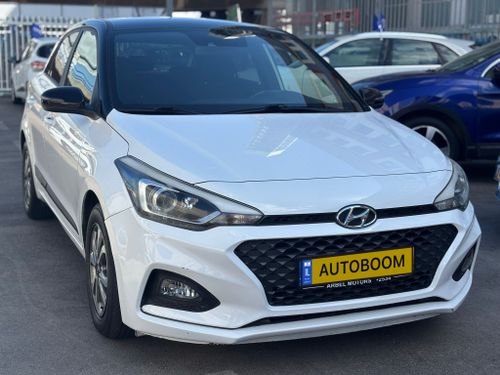
Hyundai i20, 2020
₪ 68 000
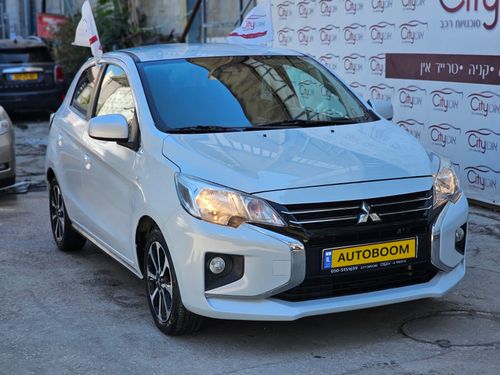
Mitsubishi Space Star, 2022
₪ 54 900
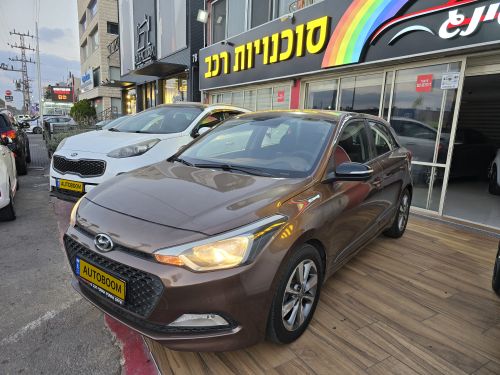
Hyundai i20, 2016
₪ 38 700
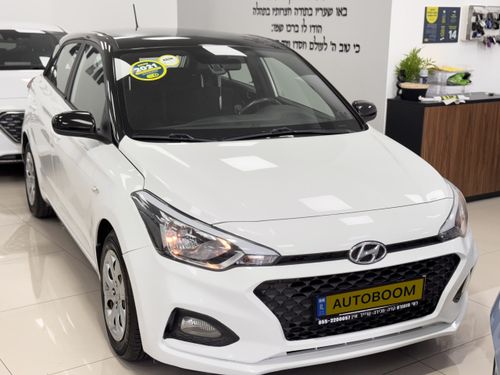
Hyundai i20, 2021
₪ 69 000
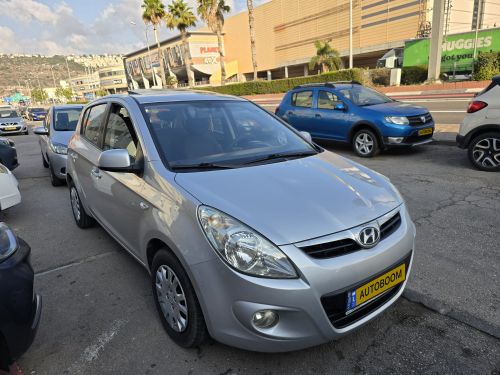
Hyundai i20, 2009
₪ 17 700
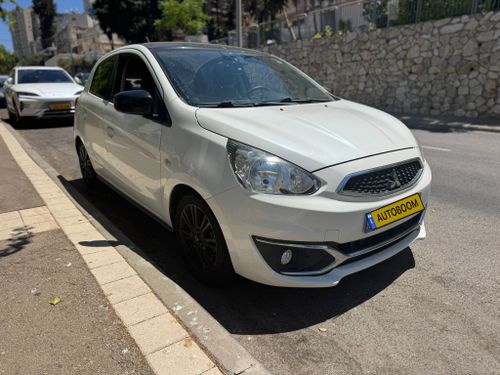
Mitsubishi Space Star, 2019
₪ 58 500
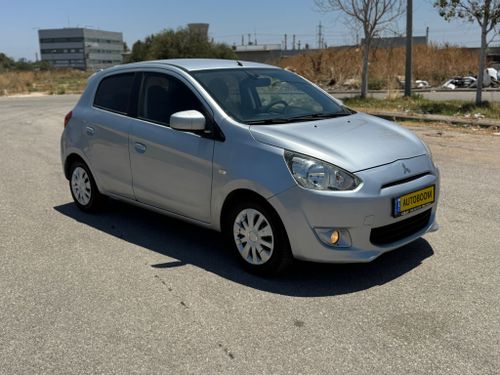
Mitsubishi Space Star, 2014
₪ 18 000
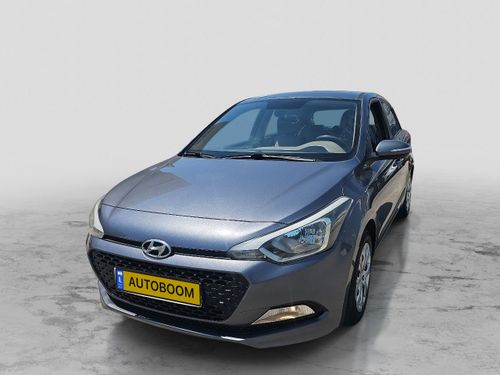
Hyundai i20, 2015
₪ 38 145
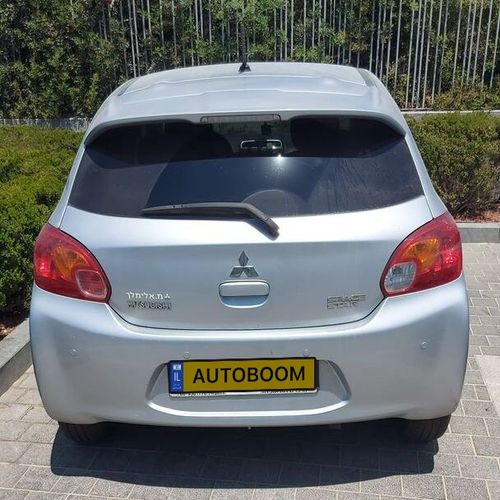
Mitsubishi Space Star, 2015
₪ 33 525
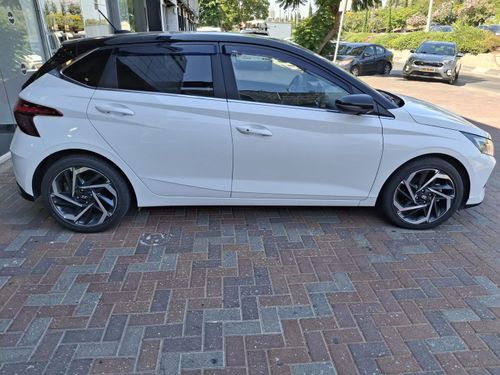
Hyundai i20, 2023
₪ 106 455
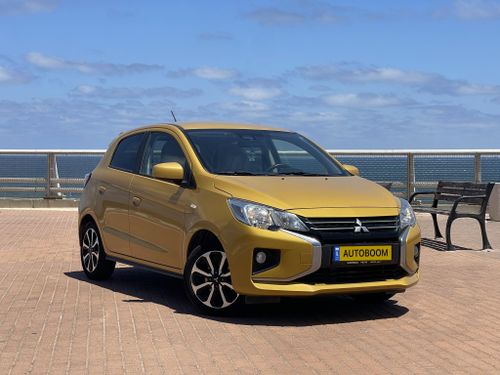
Mitsubishi Space Star, 2022
₪ 67 990
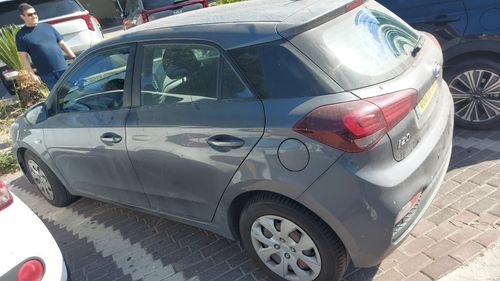
Hyundai i20, 2021
₪ 79 240
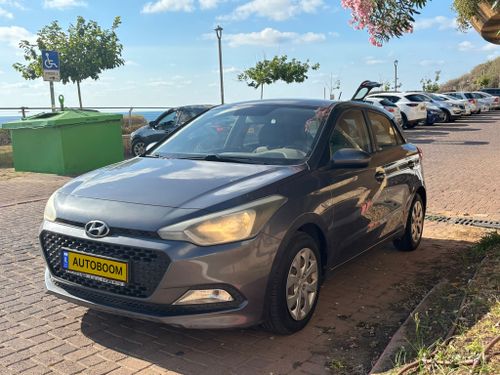
Hyundai i20, 2015
₪ 26 000
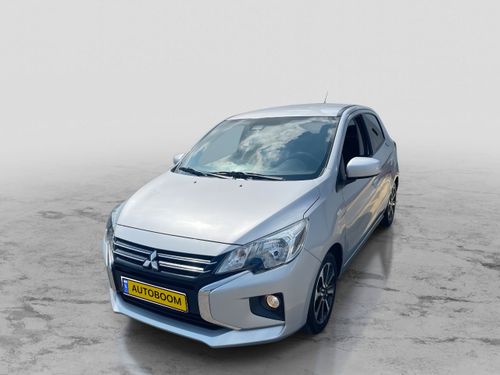
Mitsubishi Space Star, 2024
₪ 89 955
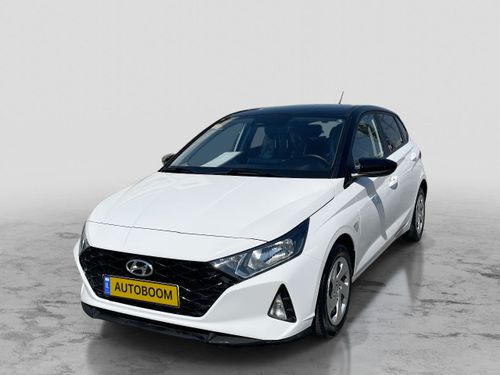
Hyundai i20, 2021
₪ 88 535
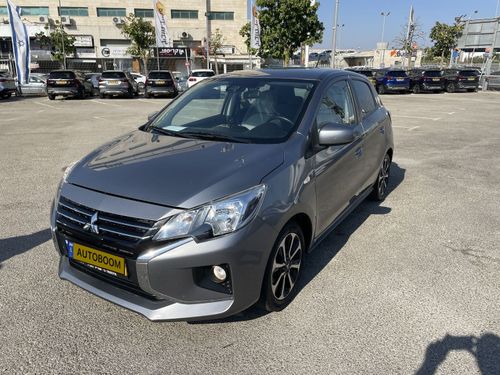
Mitsubishi Space Star, 2022
₪ 69 500
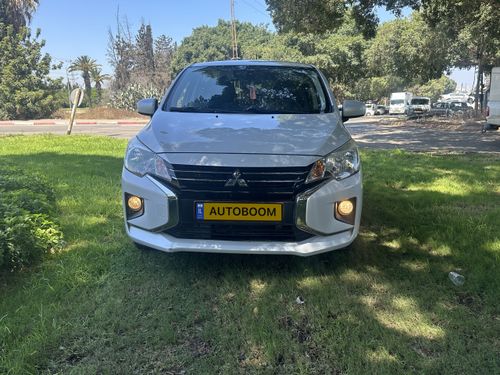
Mitsubishi Space Star, 2021
₪ 53 000

Mitsubishi Space Star, 2023
₪ 74 000
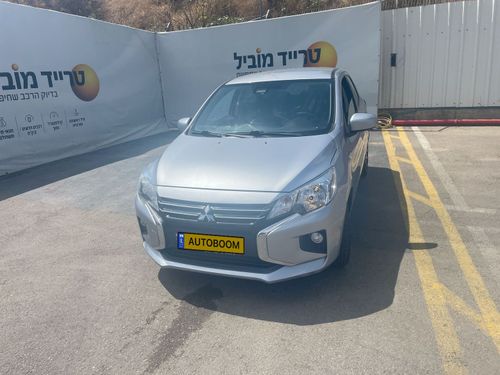
Mitsubishi Space Star, 2022
₪ 69 995
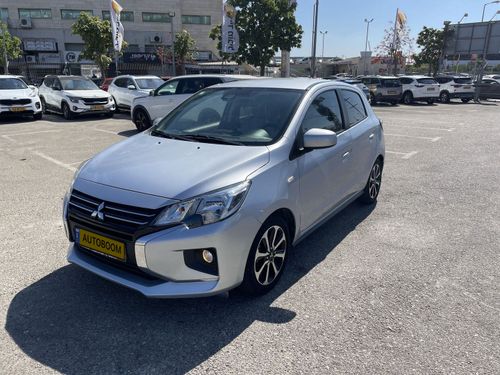
Mitsubishi Space Star, 2023
₪ 72 355
Compare similar cars Mitsubishi Space Star and Hyundai i20
Mitsubishi Space Star and Hyundai i20 are two popular cars, each with its own unique advantages and features. The choice between Mitsubishi Space Star and Hyundai i20 depends on the driver's needs and preferences.Mitsubishi Space Star and Hyundai i20 are two popular cars, each with its own unique advantages and features. The choice between Mitsubishi Space Star and Hyundai i20 depends on the driver's needs and preferences.
